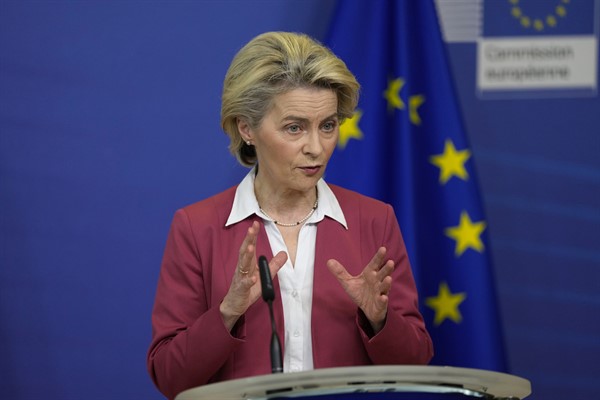Brussels is getting in on the microchip action, with a wide-ranging draft regulation known as the European Union Chips Act that promises to transform the bloc into a global player in semiconductor markets, while also supporting EU digital sovereignty, strategic autonomy and democratic values. That’s a lot of baggage to place on such a miniature component.
The pandemic has underscored modern societies’ dependence on semiconductor chips, with supply chain disruptions and other factors combining to create a global shortage. But after creating a shock akin to that of a sudden air-raid siren, the shortage has evolved into something more like barely audible mood music. Collectively, consumers seem to have accepted the new normal of waiting a year to take delivery of a newly purchased car or competing in online auctions when a new graphics card consignment becomes available.
That the previously overlooked, boring components of the communications revolution such as undersea cables, 5G equipment and microchips could have a geopolitical dimension is also unremarkable these days. The U.K.’s hopes of sticking with Chinese telecommunications giant Huawei for its 5G infrastructure build-out, for instance, were dashed by Trump administration sanctions that cut off the company’s access to chips using U.S. technology.

